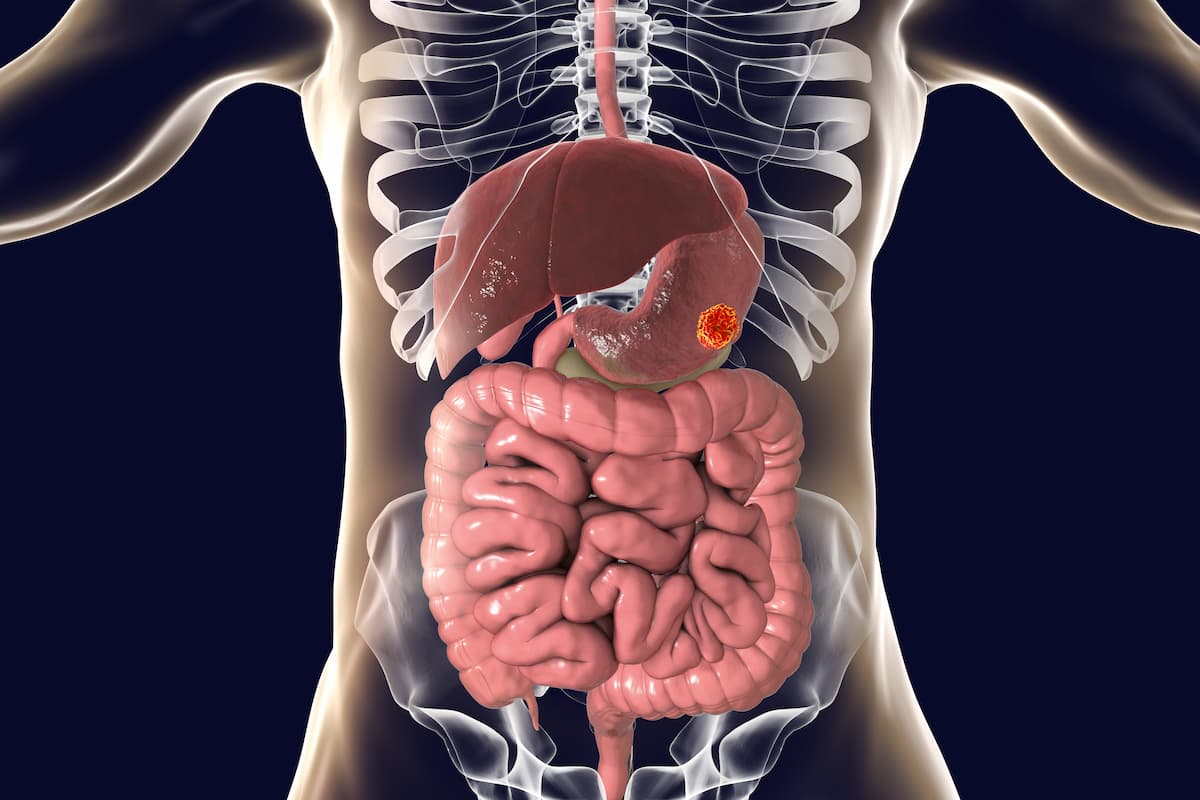ATG-022 Receives FDA Orphan Drug Designation for Gastric/Pancreatic Cancers
Claudin 18.2–targeting antibody-drug conjugate ATG-022 is under assessment as part of the phase 1 CLINCH study in patients with advanced or metastatic solid malignancies.
The FDA has granted orphan drug designation to ATG-022, a Claudin 18.2 (CLDN18.2) antibody-drug conjugate (ADC), for the treatment of patients with gastric cancer and pancreatic cancer, according to a press release from developer Antengene Corporation Limited.1
An investigational new drug application for ATG-022 in the treatment of advanced or metastatic solid tumors was approved in China in March 2023.

The ADC targets CLDN18.2, which is known to be expressed in the junctions between cells, thus creating a barrier controlling cell permeability. Claudin expression occurs in the cell’s surface because of change in polarity within the cell. In particular, CLDN18.2 isoform overexpression has been observed across a range of solid primary malignant tumors such as gastric, esophageal, and pancreatic cancers.
ATG-022 is currently under investigation as part of the phase 1 CLINCH study (NCT05718895) in a population of patients diagnosed with advanced or metastatic solid tumors.
“We believe that the orphan drug designation represents an important regulatory milestone for ATG-022, recognizing the significant and urgent unmet need for new treatments to help patients who are fighting difficult to treat and devastating diseases such as pancreatic and gastric cancers,” Amily Zhang, MD, chief medical officer at Antengene, said in the press release. “We are enthusiastic about the potential for ATG-022 to treat gastric and pancreatic cancers.”
The multi-center, open-label, dose-finding CLINCH study includes a dose escalation phase and a dose expansion phase. It has an estimated enrollment of 156 patients and will include those with advanced/metastatic solid tumors that are positive for CLDN18.2 expression. Investigators hope to include 16 to 36 patients in the dose escalation phase and up to roughly 120 in the dose expansion phase.
Dosing with ATG-022 begins at 0.3 mg/kg once every 3 weeks; subsequent dose cohorts will include several doses of ATG-022 at 0.9 mg/kg, 1.8 mg/kg, 2.4 mg/kg, 3.0 mg/kg, and 3.6 mg/kg.
The study’s primary end points include determining dose-limiting toxicities, the maximum tolerated dose, and the recommended phase 2 dose, and secondary end points include progression-free survival, overall response rate, and duration of response. Overall survival is another outcome measure.
Patients who enroll on the study need to be 18 years or older with histologically or cytologically confirmed solid tumors that have progressed during or are intolerant to standard treatment. Having at least 1 measurable lesion by RECIST 1.1 criteria, a life expectancy of at least 12 weeks, and an ECOG performance status of 0 or 1 are also required.
Those with primary central nervous system disease or metastases; prior exposure to a CLDN18.2–targeting agent; or treatment with chemotherapy, immunotherapy, anticancer agents, or an investigational product from a different study within 28 days of first treatment dose are ineligible for enrollment.
Moreover, an investigational new drug (IND) application for ATG-022 was approved in China in March 2023.2 At the time, the China National Medical Products Administration also approved the aforementioned phase 1 CLINCH trial.
“…ATG-022 is a potential best-in-class ADC that can target [CLDN18.2] with high affinity, and recently published industry results have validated [CLDN18.2] as an important cancer target,” Bo Shan, PhD, chief scientific officer at Antengene, said at the time of the IND approval. “We believe that this IND clearance in China is an important milestone for ATG-022 because of the agent's potential role in the treatment of gastric cancer and other advanced solid tumors.”
References
- Antengene announces Claudin 18.2 antibody-drug conjugate ATG-022 granted orphan drug designations by the U.S. FDA for the treatment of gastric and pancreatic cancers. News release. Antengene Corporation Limited. May 23, 2023. Accessed May 23, 2023. https://prn.to/3WywTps
- Antengene announces IND approval for the phase I CLINCH trial of ATG-022 (Claudin 18.2 ADC) for the treatment of advanced or metastatic solid tumors in China. News release. Antengene Corporation Limited. March 14, 2023. Accessed May 24, 2023. https://prn.to/3MRPTvW